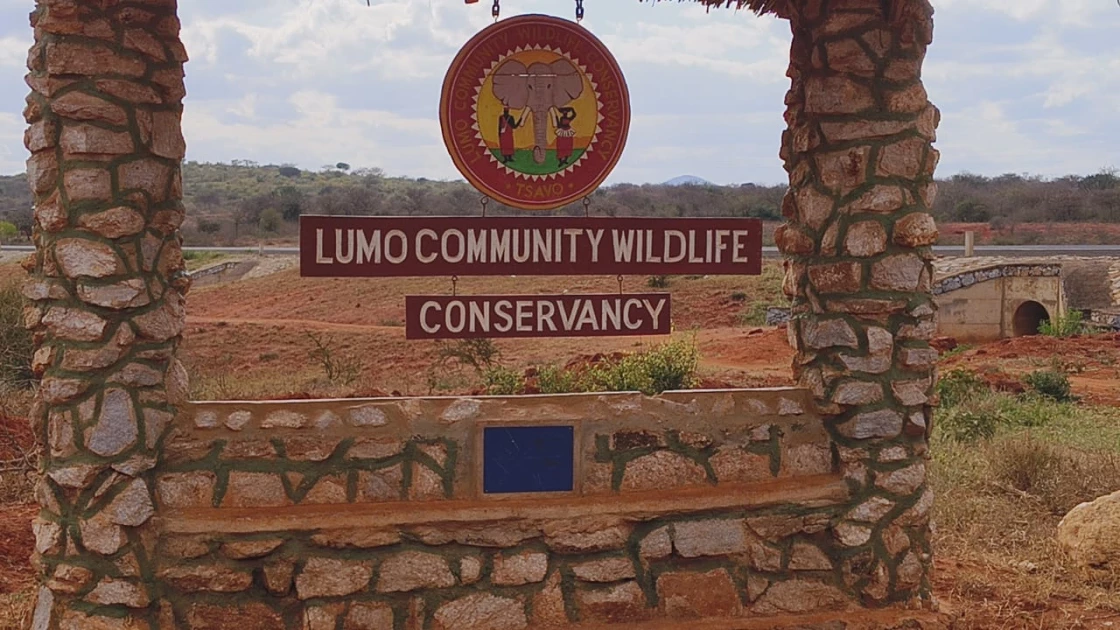At first glance, carbon trading appears complicated. Also, understanding how it works has become a nightmare for many of the elite; however, the business has been tried and tested and is gaining attention from Kenyan communities; sooner or later, it will be a public bloom.
Carbon trading in Kenya dates back to 2014, when a group of farmers from the western region earned carbon credits for sustainable farming through the Kenya Agricultural Carbon Project (KACP).
The credits were distributed globally in accordance with the Sustainable Agricultural Land Management (SALM) carbon accounting methodology.
Taita Taveta County is one of Kenya’s Coast region counties that is already doing serious carbon business. Ranches have merged to form Community wildlife conservancies, which are gradually transitioning away from livestock farming and towards wildlife conservation and carbon trading.
Out of 33 ranches in Taita Taveta county, 15 adopted the carbon credit project, with some ranches already receiving payments for not cutting down trees while others are still in the deal negotiation process.
Kasigau Ranch, a 52,000-acre property in the interior of Mwatate, is taking the first steps towards relying on tourism as a source of income in addition to carbon trading. According to the management, Kasigau should have begun operations as a Community wildlife conservancy when it was licenced in 2021, but a lack of financial resources kept them at bay until they began earning money from carbon trading.
“Right now we are in the process of setting up systems to start operations as a Community Wildlife Conservancy, hopefully we will be done by the end of this year.” said Mr. Steve Mwaisaka, manager, Kasigau community conservancy.
Mwaisaka added that the conservancy’s current sources of income are carbon projects and livestock farming, and that it is currently investing in other potential revenue streams such as wildlife tourism, which also includes forest conservation.
According to John Mwamburi, vice chairman of Kasigau Ranch, the idea of converting the ranch into a wildlife conservancy came from carbon trade agents who championed and encouraged the community to take up forest conservation as a source of carbon and tourism earnings; “this was timely when the livestock rearing in this ranch had collapsed,” he said.
Mgeno Community Wildlife Conservancy, which was certified in May 2023, is also benefiting from carbon funds and is now reading from the same script as Kasigau; thanks to carbon funds, the Community conservancy is establishing ecotourism facilities to begin tourism business.
The over 20-year-old LUMO community wildlife conservancy has signed up for the carbon trade exchange, and it is only a matter of time before it begins to benefit.
Mr. Alfred Mwanake, Chief Executive Officer of the Taita Taveta Wildlife Conservancies Association (TTWCA), applauds the carbon trade, citing an increase in income for community conservancies, but only has a problem with unscrupulous carbon developers who take advantage of unsuspecting community members to make a profit at the expense of community sweat. “African governments need to urgently come in with right policies to guide the business, as well as lobby on behalf of the communities for a world wide selling and buying standards.”Mwanake said.
Even with the carbon incentive excitement, it is still unclear how trading in carbon credits, as a climate change response to absorbing atmospheric carbon, is regulated in Kenya and Africa at large; various criticisms are based on carbon pricing as a commodity and the sincerity of the trade towards achieving the United Nations net zero global emission goal by 2050.
Mr. Charles Mwangi, head of research and programs at Pan African Climate Justice Alliance believes that if governments have to allow carbon trade, then pricing architecture be addressed and set at the world standards; but at the same time hold the view that carbon trade narrative has been brought to Africa to destruct from getting a solution to the increased global warming.
“When you bring in the carbon market, we are drifting from the core issue, we are allowing someone to continue emitting as we continue to clean up the mess.” he held.
“If someone is reducing emissions and another continues to emit, the net effect is zero, meaning we are not advancing as a global community.” he added.
According to Nnimmo Bassey, Director of the Health of Mother Earth Foundation (HOMEF), the world already views African states as a rich carbon sink, and rich countries are looking to capitalise on this.
Bassey warned African governments not to be seduced by the seemingly abundant cash flow.
He believed that carbon trading is a deceptive solution to climate change because it allows polluters to continue polluting while enriching carbon speculators and impoverishing forest-dependent communities.
“African Communities are in line for carbon colonialism and slavery if they adopt this false pathway that does not tackle release of greenhouse gas at source. African governments should completely reject carbon trading and instead demand an urgent transition from dirty energy,” he advised.
Carbon trade is built around Article 6 of the Paris Agreement; currently, there are discussions and negotiations underway to restructure carbon market operations.
Source : Cityzen Digital

